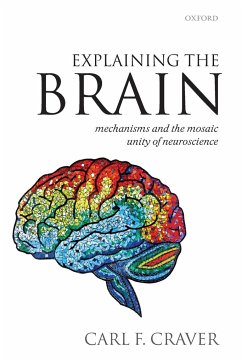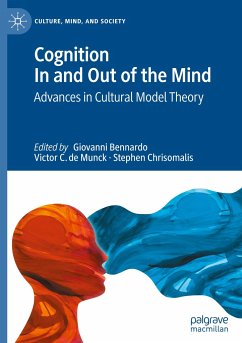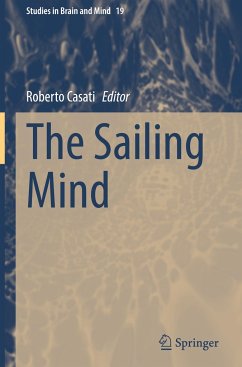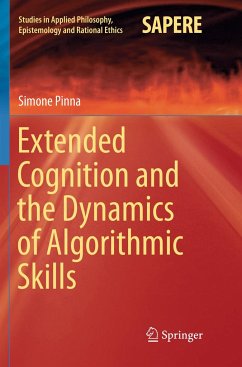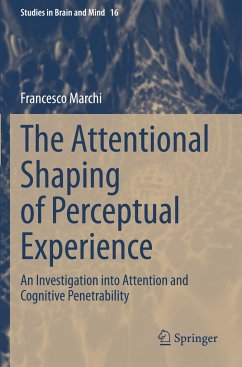
Processes of Believing: The Acquisition, Maintenance, and Change in Creditions
Versandkostenfrei!
Versandfertig in 6-10 Tagen
91,99 €
inkl. MwSt.

PAYBACK Punkte
46 °P sammeln!
This volume answers the question: Why do we believe what we believe? It examines current research on the concept of beliefs, and the development in our understanding of the process of believing. It takes into account empirical findings in the field of neuroscience regarding the processes that underlie beliefs, and discusses the notion that beyond the interactive exploratory analysis of sensory information from the complex outside world, humans engage in an evaluative analysis by which they attribute personal meaning and relevance to the probabilistic representations of objects and events.Belie...
This volume answers the question: Why do we believe what we believe? It examines current research on the concept of beliefs, and the development in our understanding of the process of believing. It takes into account empirical findings in the field of neuroscience regarding the processes that underlie beliefs, and discusses the notion that beyond the interactive exploratory analysis of sensory information from the complex outside world, humans engage in an evaluative analysis by which they attribute personal meaning and relevance to the probabilistic representations of objects and events.
Beliefs exert a strong influence on behaviour, decision-making, and identifying and solving problems. Despite their importance, beliefs have until recently not been at the centre of scientific interest. In fact, "belief" is an ill-defined phenomenon. From a transdisciplinary perspective the actual approaches to understanding belief seem incompatible as they attempt to highlight such different topics as "belief - religion", "belief - spirituality", "belief - faith", "belief - knowledge", "belief - attitude", "belief - disbelief", "belief - illusion", and "believing - brain function". This situation contradicts the idea that belief is close to pathological phenomena and that it should be eliminated from scientific discussions. Rather, believing is fundamental for understanding the many problems of every-day life. In fact, the book shows that beliefs are relevant for politics, international affairs, economy, law, or religions also in modern societies. This book presents the increasing scientific interest in beliefs and believing, and reflects the change in focus from the content aspect of belief towards the fluid nature of believing.
Beliefs exert a strong influence on behaviour, decision-making, and identifying and solving problems. Despite their importance, beliefs have until recently not been at the centre of scientific interest. In fact, "belief" is an ill-defined phenomenon. From a transdisciplinary perspective the actual approaches to understanding belief seem incompatible as they attempt to highlight such different topics as "belief - religion", "belief - spirituality", "belief - faith", "belief - knowledge", "belief - attitude", "belief - disbelief", "belief - illusion", and "believing - brain function". This situation contradicts the idea that belief is close to pathological phenomena and that it should be eliminated from scientific discussions. Rather, believing is fundamental for understanding the many problems of every-day life. In fact, the book shows that beliefs are relevant for politics, international affairs, economy, law, or religions also in modern societies. This book presents the increasing scientific interest in beliefs and believing, and reflects the change in focus from the content aspect of belief towards the fluid nature of believing.





